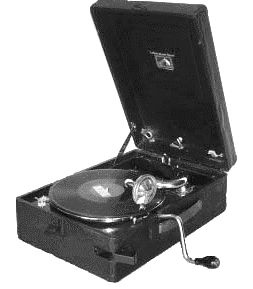Linux
Linux is free, efficient and therefore can be used on low power devices.
In principle an ideal OS for audio. A lot of music servers use it.
But it is technical, you have to hurdle many problems.
You have to learn all kind of cryptic command line syntax, configure devices manually, compile sources, etc.
Today there are Linux distributions that are easy to install, use, configure, and maintain like Ubuntu.
Having a Vaio laptop with XP lying around I decided to try Ubuntu.
Hurdle 1: Installing Ubuntu
I went to the Ubuntu website and choose Wubi, the Ubuntu installer for Windows (saves you burning a ISO CD). It allows you to install/remove Ubuntu just like any other Windows program.
It downloads Ubuntu (8.10) for you and does the install. The only thing you have to do is supplying a username and password.
Hurdle 2: Booting Ubuntu
Restart the PC, choose Ubuntu instead of XP
Ubuntu starts the installation and reboots after completion.
Hurdle 3: updates
Ubuntu boots, it connect to the network, everything is working including the touchpad, USB mouse, etc.
The update manager pops up with a impressive array of updates. I said yes, it started updating and then hangs on a module. Rebooting didn't cure it. Googling yielded some cryptic commands that didn't cure the problem either.
Reboot, hit ESC and choose recovery. This is a bit like the save mode in Windows.
Now all packages where checked and installed correctly.
Conclusion
Linux doesn't live up to its hard core tech image any more.
My Sunday afternoon Ubuntu experiences teach me that today the hurdles are low.
If you can install Windows, you can install Ubuntu.
The GUI (Graphical User Interface) is easy to use. It is not as polished as Vista or Mac but it is simple and straight forward.

